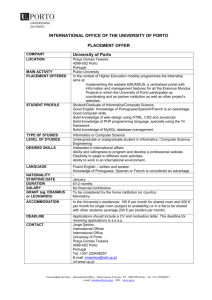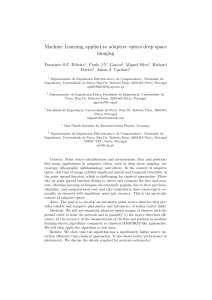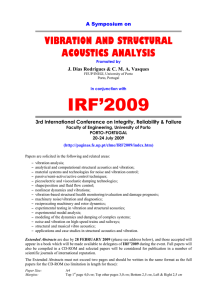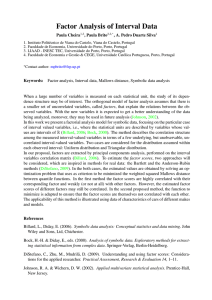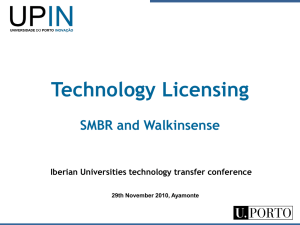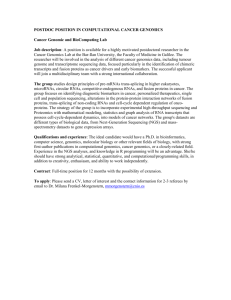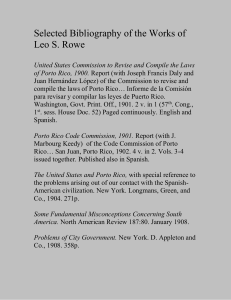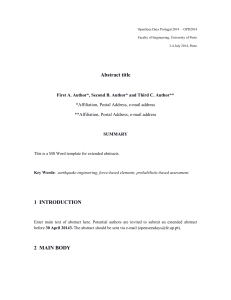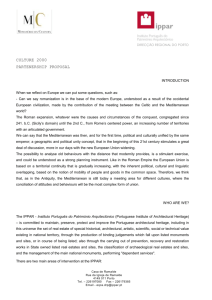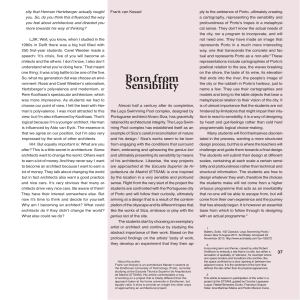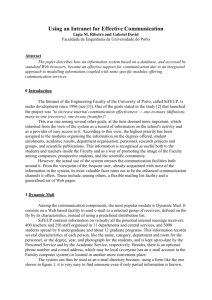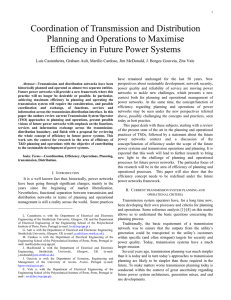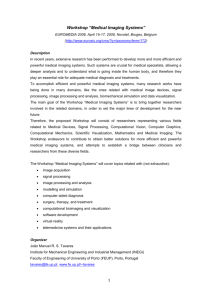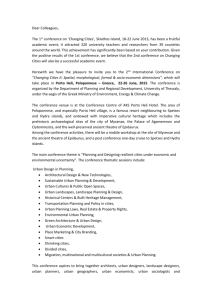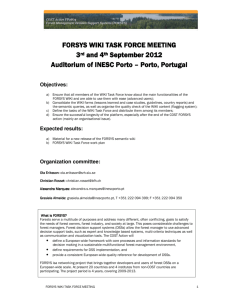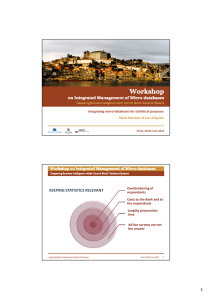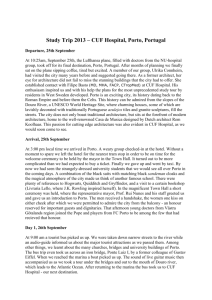Molecular genetics and conservation of pangolins, the scaly anteaters
advertisement
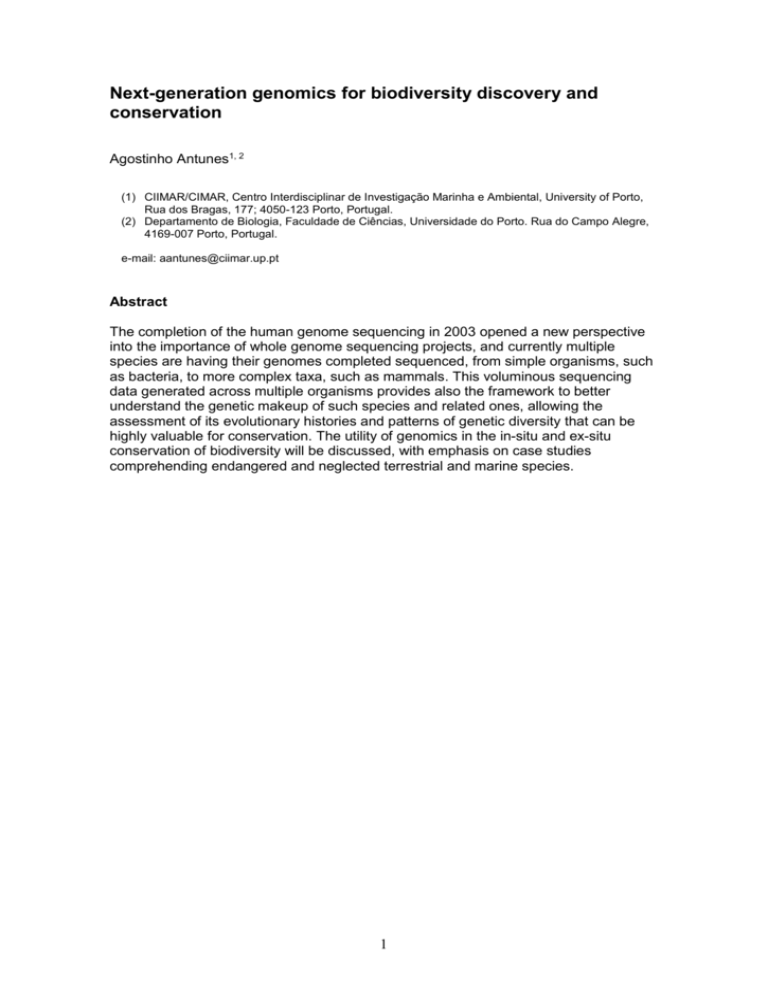
Next-generation genomics for biodiversity discovery and conservation Agostinho Antunes1, 2 (1) CIIMAR/CIMAR, Centro Interdisciplinar de Investigação Marinha e Ambiental, University of Porto, Rua dos Bragas, 177; 4050-123 Porto, Portugal. (2) Departamento de Biologia, Faculdade de Ciências, Universidade do Porto. Rua do Campo Alegre, 4169-007 Porto, Portugal. e-mail: aantunes@ciimar.up.pt Abstract The completion of the human genome sequencing in 2003 opened a new perspective into the importance of whole genome sequencing projects, and currently multiple species are having their genomes completed sequenced, from simple organisms, such as bacteria, to more complex taxa, such as mammals. This voluminous sequencing data generated across multiple organisms provides also the framework to better understand the genetic makeup of such species and related ones, allowing the assessment of its evolutionary histories and patterns of genetic diversity that can be highly valuable for conservation. The utility of genomics in the in-situ and ex-situ conservation of biodiversity will be discussed, with emphasis on case studies comprehending endangered and neglected terrestrial and marine species. 1

